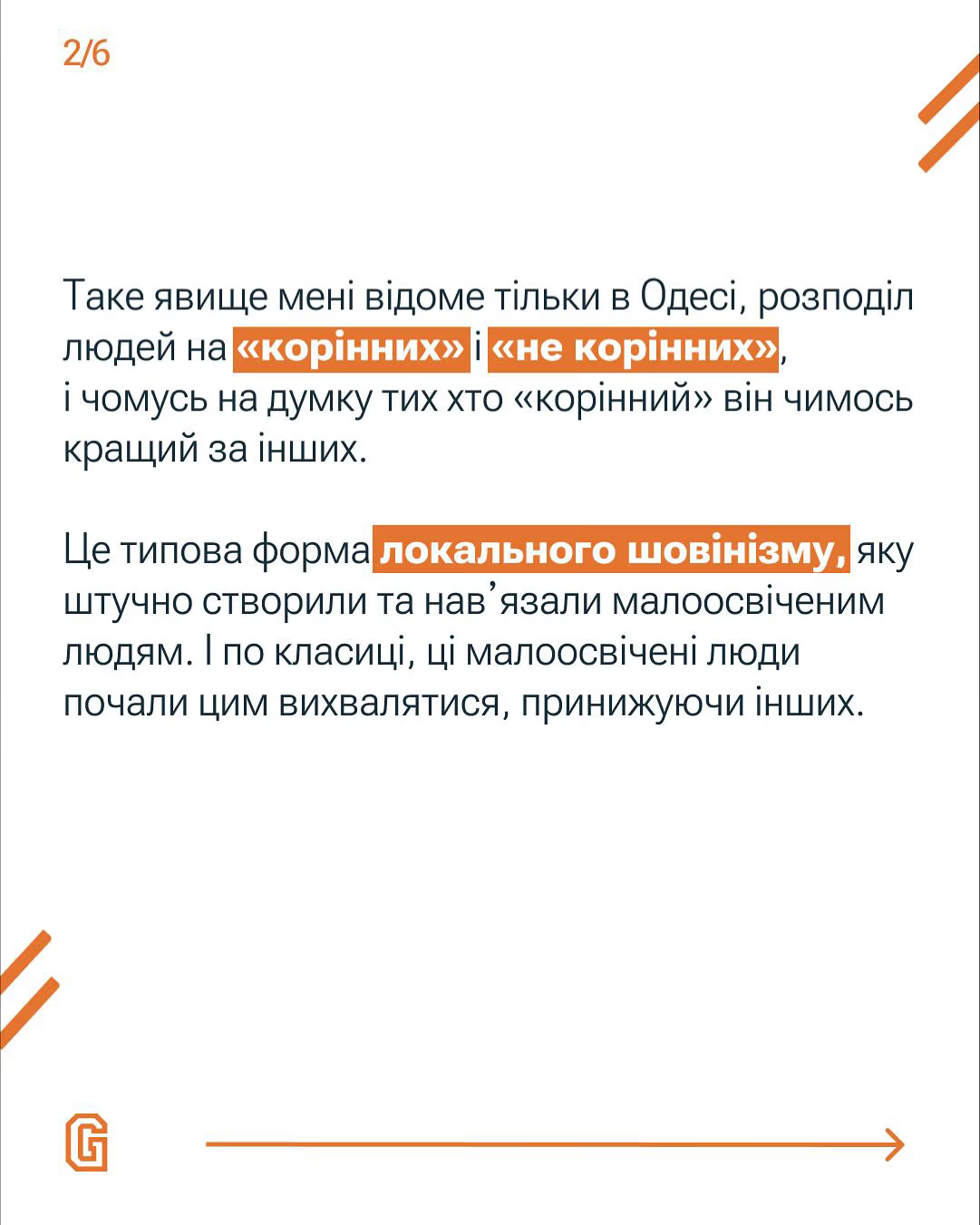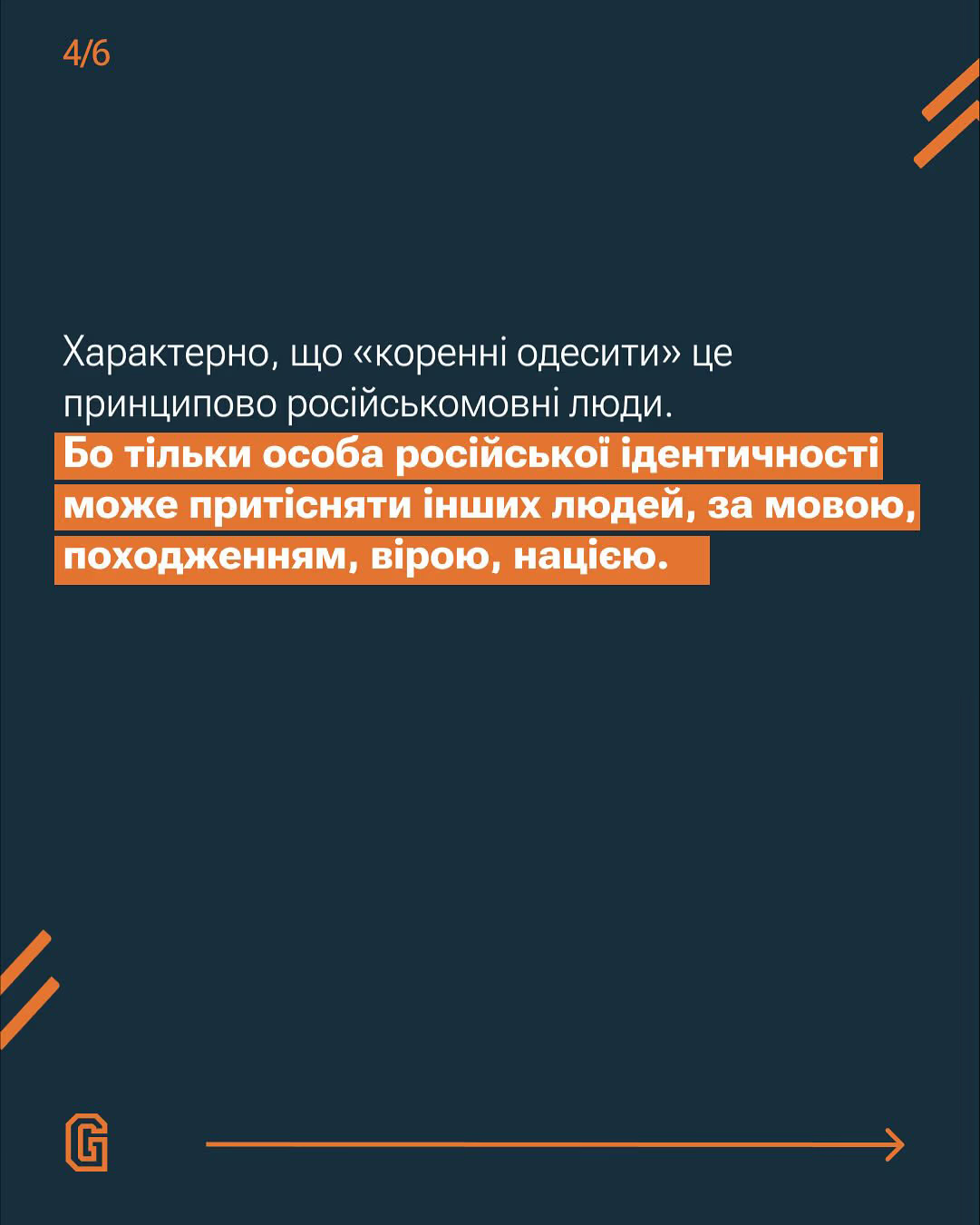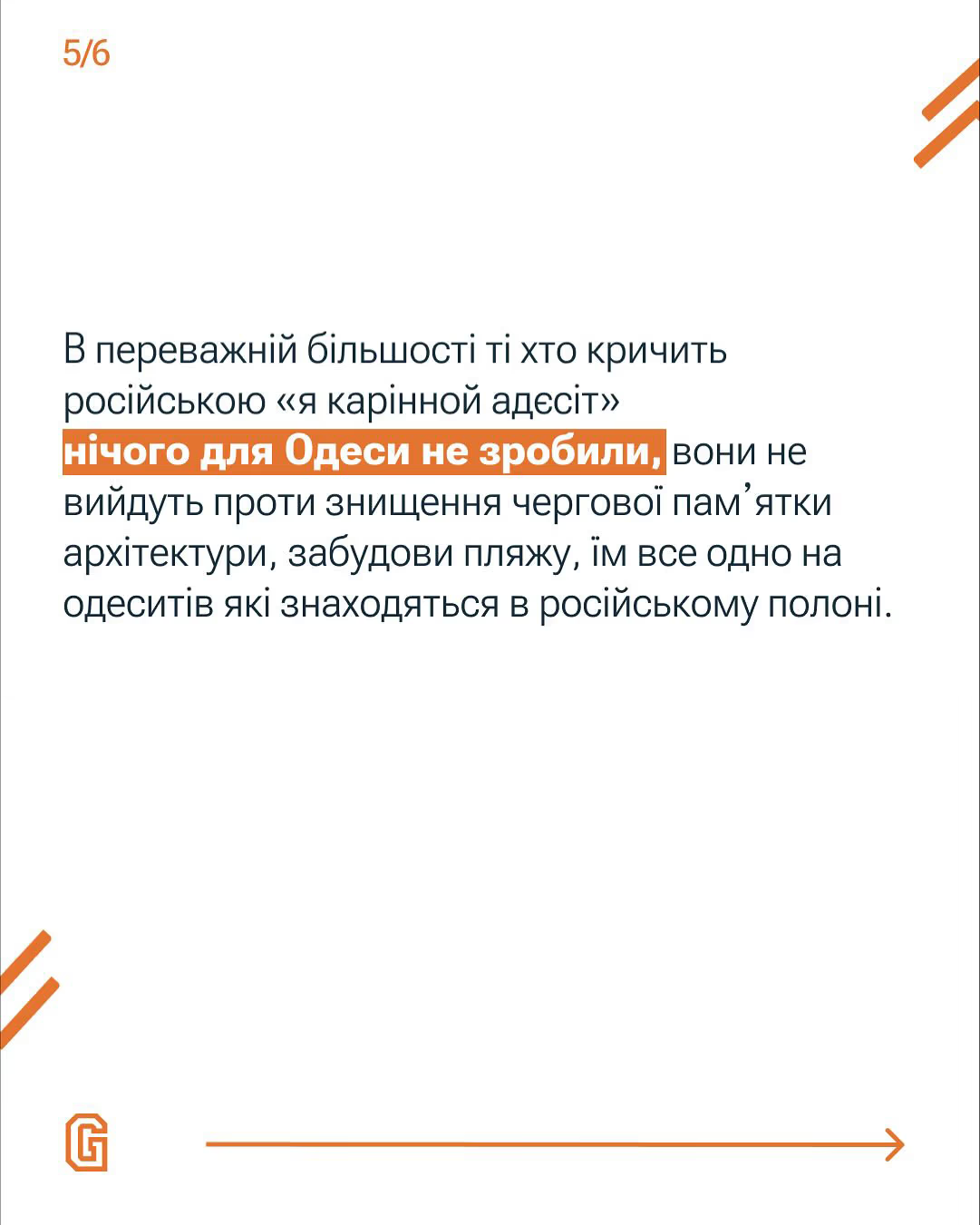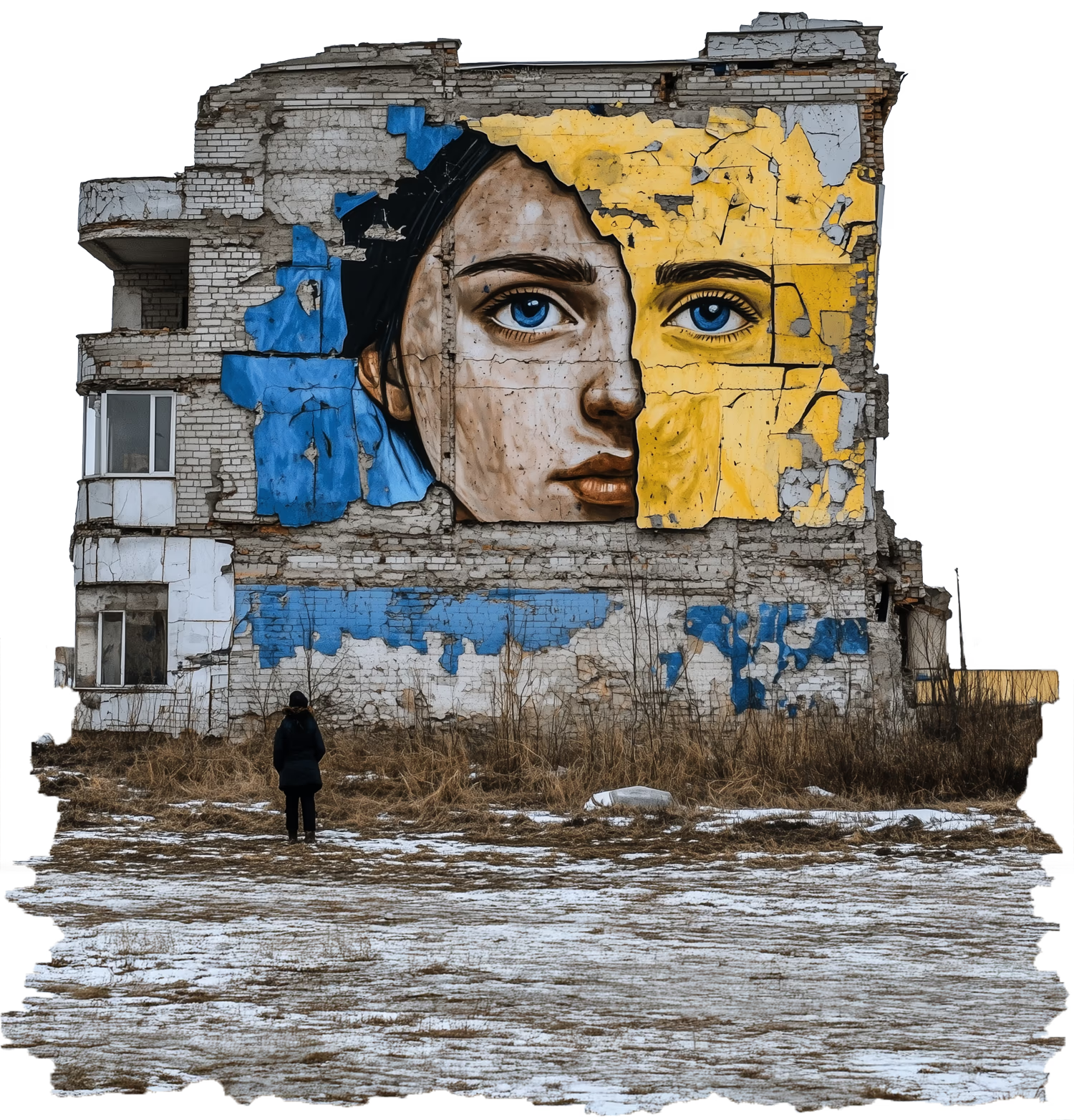The history of Ukraine shows: when Ukrainians unite, they are able to withstand the most serious challenges. In 1919—against Austria-Hungary and the Russian Empire. In 2022—national unity became a key weapon in the struggle against the Russian Federation.
Also, history knows many cases when states collapsed not from the outside, but from within. Today, against the background of war and the struggle for identity, voices emphasizing differences rather than common values are heard more and more often. Where is the line between protecting one's culture and creating new dividing lines?
September 1991. Ukrainian politician, head of "Narodny Rukh", and candidate for the presidency of Ukraine, Vyacheslav Chornovil, speaks at the City Day celebration in Pavlohrad. In his speech, among other things, he emphasizes the importance of unity and consolidation of Ukrainian society—regardless of region of residence, language, or religion—for the future of the country.
A brief summary of Vyacheslav Chornovil's speech:
"They want to divide us along national lines. I have just returned from Luhansk Oblast, where the majority of the population speaks Russian. [...] Everyone understood me! I found common ground with Russians, Ukrainians, Russian-speaking, and Ukrainian-speaking people alike. [...] All of us who live here are the people of Ukraine, regardless of nationality, and we must all build happiness here. [...]"
"They want to divide us along national lines. I have just returned from Luhansk Oblast, where the majority of the population speaks Russian. [...] Everyone understood me! I found common ground with Russians, Ukrainians, Russian-speaking, and Ukrainian-speaking people alike. [...] All of us who live here are the people of Ukraine, regardless of nationality, and we must all build happiness here. [...]"
Watching the full recording of the speech allows us to understand that Chornovil saw the main threat to the unity of the country in the deputies of the Communist Party of the Ukrainian SSR, who retained their seats in the Verkhovna Rada after Ukraine declared independence on August 24, 1991. (At that time, elections for a renewed parliament had not yet been scheduled, and the Rada continued to be composed of deputies elected back in 1990, during the Soviet era.)
The idea of national unity was not new for Ukraine. More than 70 years before Chornovil's speech, on January 22, 1919, the Act of Unification was proclaimed—the merger of the Ukrainian People's Republic (UNR) and the Western Ukrainian People's Republic (ZUNR). This historic step symbolized Ukrainians' aspiration for national consolidation and independence after years of division between empires.
Was Chornovil right in seeing a threat to the country from the party elites of the Communist Party, indifferent to the fate of an independent and united Ukraine? Today, this remains a matter of speculation. The issue of societal division has not only persisted over the decades but continues to be used as a tool of political influence. This is reflected not only in the speeches of historical figures but also in popular culture. A striking example is a scene from the TV series Servant of the People (2019). In it, politicians discuss how to artificially ignite linguistic tensions. "Those who speak Russian are vatniks, those who speak Ukrainian are Banderites", they propose as messages to divide society. According to the characters in the series, such a tactic distracts people from real problems and helps those in power maintain control.
A brief summary of the dialogue from the scene:
— Before the people stage a coup against you, we’ll start a conflict among them!
— The language issue again?
— The perpetual motion machine of public discord. It’s been working for 27 years.
— Alright, you’ll introduce a bill to ban the Russian language. Message: "Anyone who speaks the language of the occupier cannot call themselves Ukrainian".
[...]
— And you’ll propose making Russian a second official language. Message: "Why does Switzerland have four official languages, but Ukraine can’t have even two?"
[...]
— The main thing is to make sure the "east" hates the "west", and the "west" hates the "east"!
[...]
— Before the people stage a coup against you, we’ll start a conflict among them!
— The language issue again?
— The perpetual motion machine of public discord. It’s been working for 27 years.
— Alright, you’ll introduce a bill to ban the Russian language. Message: "Anyone who speaks the language of the occupier cannot call themselves Ukrainian".
[...]
— And you’ll propose making Russian a second official language. Message: "Why does Switzerland have four official languages, but Ukraine can’t have even two?"
[...]
— The main thing is to make sure the "east" hates the "west", and the "west" hates the "east"!
[...]
What appears in the series as a satirical device in reality becomes a political tool used for mobilization or maintaining power. It is worth noting that the series was created by the studio "Kvartal 95", whose founder is the current President of Ukraine, Volodymyr Zelensky. He also played the lead role in all seasons.
Where to find unity?
In 1919, amid a complex geopolitical situation, when Ukrainian lands were torn between the Russian and Austro-Hungarian empires, the UNR and ZUNR realized that survival and the preservation of Ukraine were possible only through unification. The Act of Unification, proclaimed on January 22, 1919, was not just a declaration but a symbol of the Ukrainian nation's awareness of its identity and strength, capable of resisting external threats. Although the unification could not save Ukraine from subsequent occupation, it forever established the idea that only unity gives a chance for the future.
On February 24, 2022, when Russia launched a full-scale invasion of Ukraine, the unity of the nation became one of the main weapons against the aggressor. It did not need to be awakened or created—Ukrainians united without waiting for directives from above. No imperial strategies of division, no propaganda narratives could break the deep-rooted sense of belonging to a united Ukraine. Unity became a natural state, ingrained in the consciousness and blood of Ukrainians. This was the response to external challenges—a fundamental trait of a self-sufficient, conscious nation.


Unarmed residents of Ukrainian villages block Russian tanks in the first days of the full-scale invasion.
But there are times when a united people pose a threat to a government built on manipulation and the concealment of problems. When society is consolidated, it demands transparency, justice, and accountability from the country's leadership. History offers many examples where those in power have used societal division as a way to divert attention from systemic issues—corruption, economic crisis, or ineffective governance. Such a government is not necessarily an authoritarian regime. It can also be a democratic government if its primary priority is not the country's development but the preservation of its own influence. Under these conditions, any mechanisms that deepen social discord become useful tools. Linguistic contradictions, historical debates, and regional differences—all of these can be turned into convenient topics for manipulation.

Translate from Instagram post:
"This phenomenon is known to me only in Odesa, the division of people into "indigenous" and "non-indigenous", and for some reason, in the opinion of those who are "indigenous", it is somehow better than others. This is a typical form of local chauvinism, which was artificially created and imposed on poorly educated people. And according to the classics, these little educated people began to brag about it, humiliating others".
"This phenomenon is known to me only in Odesa, the division of people into "indigenous" and "non-indigenous", and for some reason, in the opinion of those who are "indigenous", it is somehow better than others. This is a typical form of local chauvinism, which was artificially created and imposed on poorly educated people. And according to the classics, these little educated people began to brag about it, humiliating others".

"It is characteristic that "indigenous Odesans" are fundamentally Russian-speaking people. Because only the person of Russian identity can oppress other people, by language, origin, faith, nation".

"In the vast majority of those who shout in Russian "I'm karinoy adesit" did nothing for Odesa, they will not oppose the destruction of another monument of architecture, the development of the beach, they don't care about Odesa residents who are in Russian captivity".
The Odesa "activist" Demyan Hanul criticizes Russian-speaking residents of Odesa for, in his words, dividing the city's inhabitants into "native" and "non-native", calling it a manifestation of "local chauvinism". At the same time, he claims that it is specifically Russian speakers who identify as "native" that are indifferent to the fate of the city, arguing that they do not participate in protecting its architectural heritage, do not protest against beach developments, and show no interest in Odesans held in Russian captivity. However, in his post, he does not specify the basis for these conclusions.
The Economist, in its article Cancel Culture in Ukraine, refers to people like Hanul as "a small but aggressive and vocal group of activists". They advocate for the eradication of anything they deem pro-Russian, emphasizing linguistic, cultural, and political differences within Ukrainian society, which deepens social divisions.
Today, though the city is regularly hit by Russian drones and missiles, Odessa’s identity, its polyphony and its freedom are under a subtler threat. This is from Ukraine’s own officials, and from a small but aggressive and vocal group of activists who have seized on a loosely worded law on the decolonisation of Ukraine which orders the "liquidation of symbols of Russian imperial politics to protect Ukraine’s cultural and informational space".
The Economist
The Economist
When such actions come from individual, self-appointed activists, they remain within the realm of public discourse. However, when similar decisions are made by officials, they take on a different scale, becoming state policy with real consequences for society. The Economist reports how the head of the district military administration, Oleg Kiper—who served as a prosecutor during Viktor Yanukovych's tenure and is known as "an unelected bureaucrat he was interested in obeying orders, not in how Odessans think about themselves"—issued decrees to "wholesale removal of the city’s statues and the renaming of its streets, sparking a cultural war that is tearing the city apart".
A struggle that must not be lost
If this is what Vyacheslav Chornovil meant in 1991 when he spoke of the "fierce snake of internal strife", then today it has crept dangerously close. The Ukrainian nation, facing the greatest threat in its modern history, demonstrates incredible resilience and unity against an external enemy. But unity achieved in a critical moment requires reinforcement from within. If society does not recognize the threat of division, its cohesion may prove temporary.
Conflicts continue to flare up within the country—not only political but also cultural, linguistic, and religious. While these dividing lines once seemed insignificant, today they are turning into deep fractures that could weaken society from within.
The "snake of internal strife" is not dangerous because of differing opinions—that is natural for any democratic country. The real danger lies in certain forces, consciously or not, fueling these contradictions without offering solutions, only deepening the divide. As a result, the enemy that failed to break Ukraine on the battlefield may succeed if Ukrainians lose their ability to listen to one another.
Today, perhaps more than ever, it is crucial not to let the "snake of internal strife" cast doubt on the country's future.
At Home

The Institution of Personal Loyalty
A Politico article explains how Andriy Yermak became Zelenskyy’s indispensable envoy—and the center of power in Ukrainian politics

Council of Europe Report Documents Systemic Human Rights Violations Under Martial Law in Ukraine
Military Recruitment, Police, and Security Services Accused of Beatings—Some Fatal—Arbitrary Detentions, Persecution of Critics, and Conscription of People With Disabilities

"By Removing Babel, You Remove the City’s Soul"
Odesa Becomes a Battleground of Cultural War, as Decolonization Starts to Mirror Soviet-Era Tactics

What Some Would Call Propaganda
The Economist Raises Concerns About Authoritarian Drift in Ukraine

